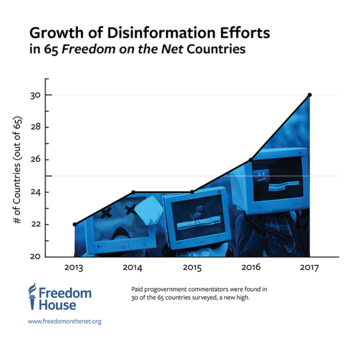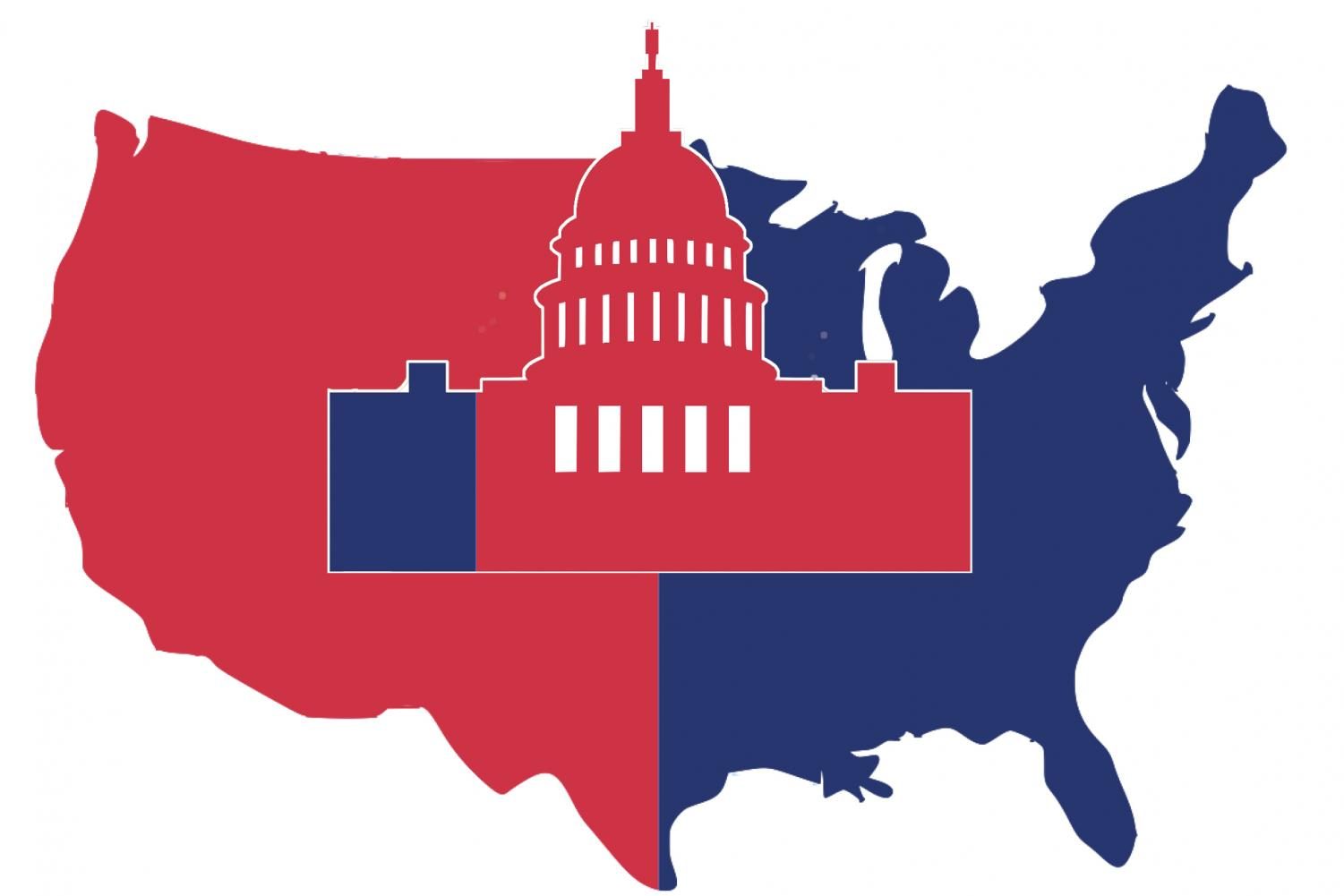
Gerrymandering is a time-honored tradition in American politics. “And if so, do we have the political will to do it?” “The question is, do we have the ability to create neutral districts with the use of technology?” Maddux asked. The seminar provides an opportunity for Aspen community members to engage in non-partisan discussion and debate regarding the future implications of technology and innovation.
#Undermine democracy series
Maddux moderated the final session in a new four-week Aspen Community Program Series called Our Society Reimagined: Exploring New Ideas. “The courts have been very reluctant to get involved in trying to resolve the issue, with the exception of the anti-discrimination provisions put in place by the Voting Rights Act of 1965, which prohibited the act of ‘racial gerrymandering.’” “Redistricting becomes an issue when popular votes are not reflected in Congress,” said retired attorney Parker Maddux during a recent Aspen Community Program discussion on the topic. With the geography of our voting landscape being drawn along party lines, where does the “one person, one vote” basis for democracy fit in? According to Merriam-Webster, to gerrymander is “to divide (a state, school district, etc.) into political units that give one group an unfair advantage.” How do our votes count when states have the ability to fine-tune district lines to favor one party over the other? The results of the most recent Census brought about extensive redistricting, with states under Republican control redistricted to favor Republican candidates, and those under Democratic control favoring Democrats. ‘It’s the exact reason why we need to protect democracy and be able to take measures against organisations that undermine the democratic order.The challenges voters face as a result of gerrymandering are inherent in the very definition of the word. That’s what makes us different from Russia and China, where there is no opposition.

‘Anyone can operate within it, even parties that want to do away with it.

‘Democracy is vulnerable,’ Paternotte said.

Currently parties can only be banned if they threaten public order.ĭ66 says removing the current exemption would not conflict with the bill and it would be up to prosecutors, not politicians, to make the case for banning a party. The cabinet is currently drafting a new law on political parties which would specify what circumstances would justify banning a political group. It was declared a criminal organisation in 1997 for systematically inciting hatred of foreigners.įVD won eight seats in the 2021 general election, but three of its MPs broke away soon afterwards and current polls suggest it would win between three and five seats if an election were held now. The last political party to be outlawed in the Netherlands was the far-right CP ’86, also known as the Centrumpartij (Centre Party), which held one seat in parliament between 19. FVD has actively promoted ‘Great Reset’ conspiracy theories about coronavirus and vaccines, claimed that farmers are having their land stolen to create more space for immigrants, and described Russia’s invasion of Ukraine as a ‘fightback against the globalists’.ĭ66 parliamentary group leader Jan Paternotte said: ‘It can’t be right that in these days, when you see democracy being challenged everywhere we say that undermining the democratic order is wrong unless you’re a political party.’


 0 kommentar(er)
0 kommentar(er)
